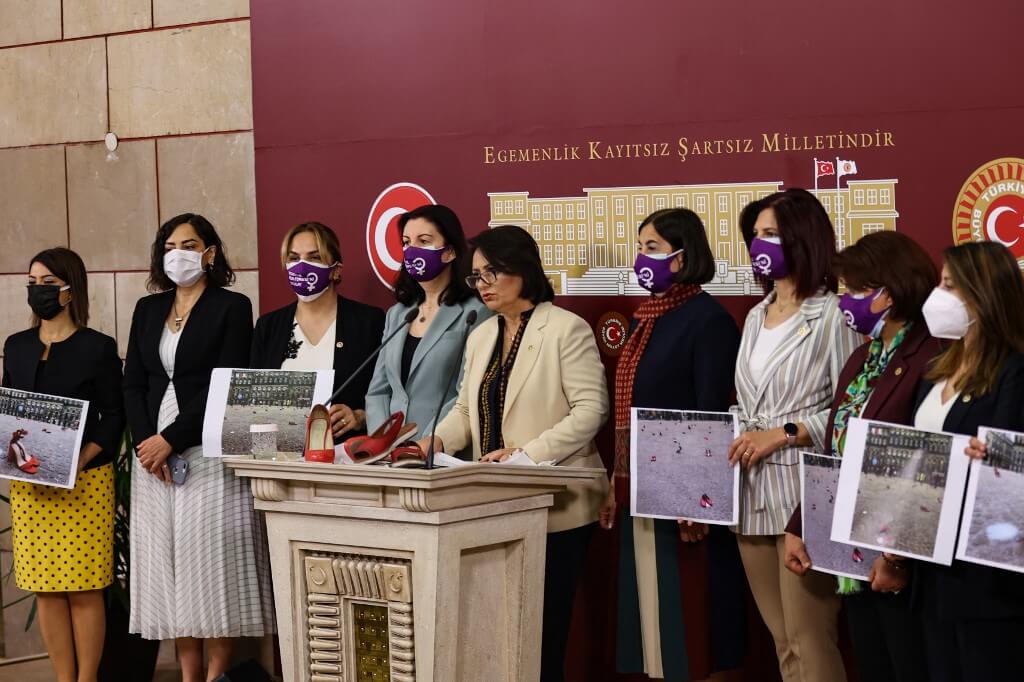Among the female candidates who were nominated by political parties for a seat in the Turkish parliament in the May 14 general election, 121 have been elected, corresponding to 20 percent of the 600-seat legislature, the Kronos news website reported.
According to unofficial election results, there has been a slight increase in the number of women in parliament when compared to the 2018 general election, when 104 women were elected, constituting 17.4 percent of the legislative body.
Fifty of the female lawmakers were elected from the ruling Justice and Development Party (AKP), 35 from the main opposition Republican People’s Party (CHP), 26 from the pro-Kurdish Green Left Party (YSP), six from the nationalist İYİ Party, three from the far-right Nationalist Movement Party (MHP) and one from the Workers’ Party of Turkey (TİP).
The YSP, which won 62 seats in parliament, had the highest proportion of female lawmakers compared to the other parties.
No woman was elected to parliament in 31 of Turkey’s 81 provinces.
According to the global ranking of the Inter-Parliamentary Union (IPU), Turkey was ranked 133rd among 188 countries for its percentage of women in parliament. Turkey’s ranking was based on the results of the 2018 elections.
A survey conducted by the Konda polling company in April showed that more than 80 percent of the CHP, HDP and İYİ Party voters think there should be more women in parliament, where women have been underrepresented for years.
According to UN Women, women are underrepresented at all levels of decision-making worldwide and that achieving gender parity in political life is far off as only six countries have 50 percent or more women in parliament in single or lower houses: Rwanda (61 percent), Cuba (53 percent), Nicaragua (52 percent), Mexico (50 percent), New Zealand (50 percent), and the United Arab Emirates (50 percent) as of Jan. 1, 2023.



